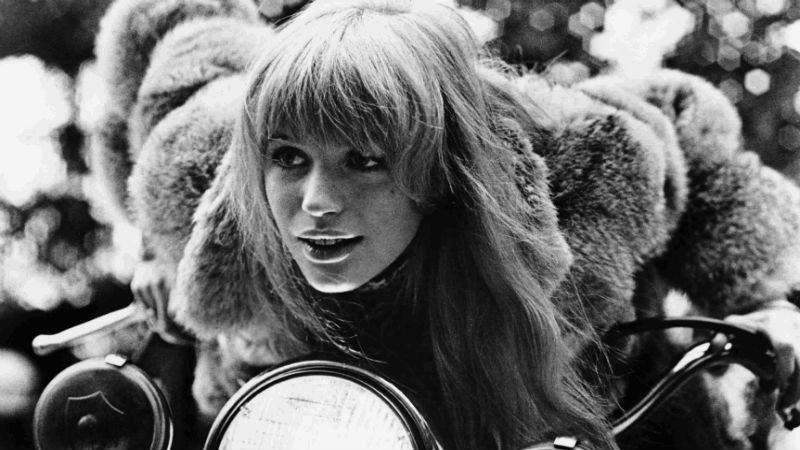A medium shot of Isabelle Huppert, talking heads style. She sits on a sofa and looks directly into the camera, occasionally glancing at some notes. She engages in a conversation in English with us members of the audiences, staring us firmly in the eyes. She repeatedly asks: “what do YOU want me to say?”, “who are you?”, while also insisting that she is connected to us through some invisible mirror. Her various musings include the nature of film, the essence of reality, and our knowledge that we are watching a movie. “Wake up!!!”, she screams out loud in the hope to engage viewers who may have drifted away onto oneiric territory. “You are here out of free will, and you stayed for longer than an hour also out of free will”, she exclaims, almost as if encouraging audience members to leave the theatre in abject rejection of the movie’s “fancy pants narrative”.
Michael Rozen sets out to break just about every convention of filmmaking, purposely irritating cinephiles: breaking the fourth wall, jump cuts that serve no narrative purpose, unnecessary repetitions, a boom mic that makes a brief appearance, random subtitles in horrible bold white font that randomly appear and disappear on different parts of the screen. Maybe the filmmaker wishes to turn films-lovers into film-haters. Marianne is a one-woman show, a cinematic tour-de-force and intellectual torture, all at the same time. This is the type of deeply conceptual and contextual movie that only works in a very specific environment during a specific time: the film festival circuit. This is also the type of film that would be dismissed as sheer garbage if it didn’t have a star of such high calibre on the lead. On the same way that Marcel Duchamps’s “Fountain” (the infamous urinal) would be ignored had it been planted in an art gallery by an ordinary citizen at a different time.
The idea of reflection is a recurring one, as Marianne Lewandovsky (the name that Huppert gives her character, shortly before rescinding her identity) ponders about the notion of the mirror, while also referring to Andrei Tarkovsky and Ingmar Bergman (in an oblique reference to the former’s Mirror, 1975). The notion that cinema mirrors real life is discussed. She vehemently affirms the script is “real”, and that she may be reading her text from a teleprompter, only to dismiss her claims as a joke. The director and the actress cleverly toy with concepts of authorship and perspective. In a way, Marianne is a mockery of cinema. A joke that can be quite affecting, but also easily overlooked or misunderstood.
One of the most subversive elements of Marianne is Huppert’s face. The 70-year-old actress subverts time by looking younger and even more beautiful than 20 years. And just as hypnotic and fascinating as ever. Few actresses successfully embody as many contradictions. Huppert conveys a sense of cynicism, while exuding an irresistible allure. Staring her in the eyes for such a long time is both humbling and disturbing.
Marianne shows at the 41st Turin International Film Festival. Writer and director Michael Rozek a former journalist for such publications as Esquire and Rolling Stone.









